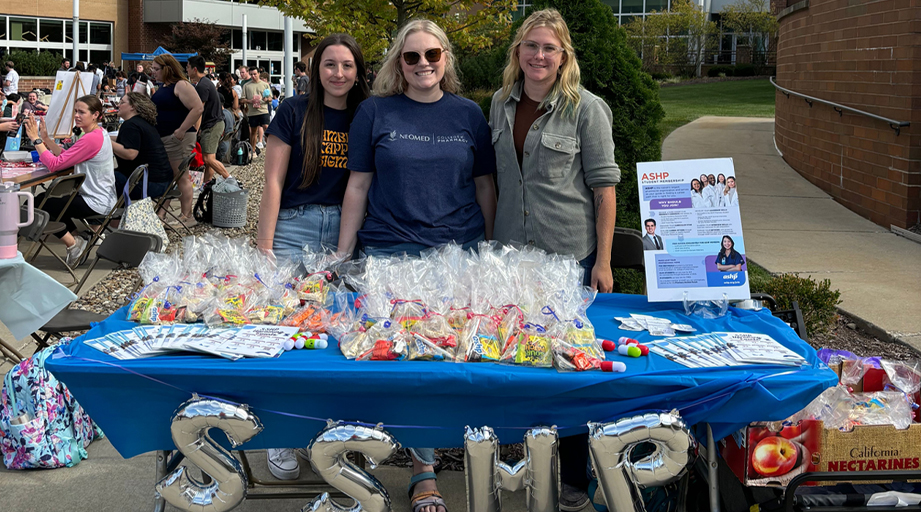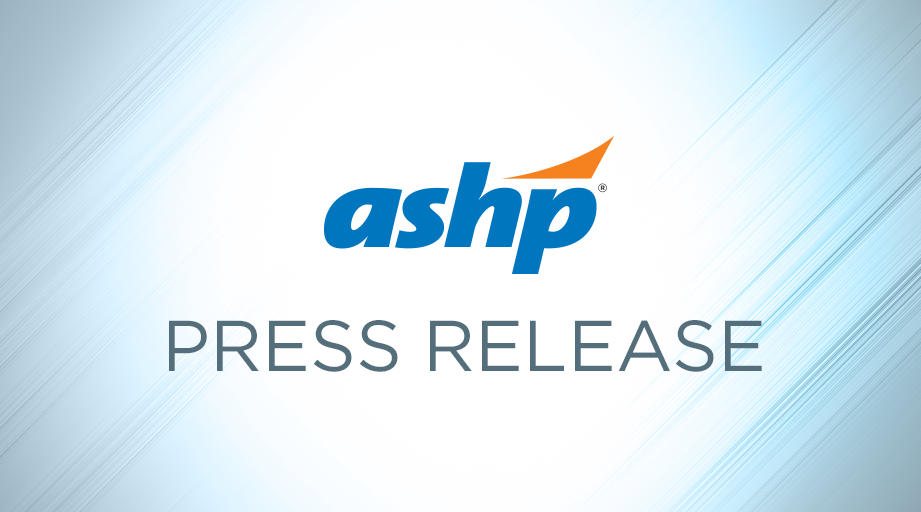
Within a week after the first confirmed COVID-19 case at St. James Parish Hospital in Lutcher, Louisiana, the pharmacy department was down two staff members who tested positive for the SARS-CoV-2 virus and were under quarantine.
“That was 40% of our workforce,” said Scott Dantonio, director of pharmacy at the 25-bed critical access hospital.
He said the main job for the remaining staff was “to stay healthy and try to survive” while juggling shifts and duties until the return of the quarantined teammates.
Both colleagues recovered, though one person was seriously ill and faced some “scary moments” during the course of the illness, Dantonio said.
“I was really worried,” Dantonio said. “It really hits home when it's somebody in your department.”
The Centers for Disease Control and Prevention announced May 28 that it had received reports of 66,447 COVID-19 cases, 318 of them fatal, in U.S. healthcare workers.
St. James Parish Hospital, located about 40 miles outside of New Orleans, was an early and active COVID-19 hot spot, with the first patient death reported March 18. The parish reported 309 COVID-19 cases and 27 deaths through June 16.
The hospital normally houses fewer than 10 inpatients each day. Dantonio said the daily census doubled at the height of the outbreak.
He said the pandemic escalated quickly. Patients typically came to the emergency department with shortness of breath, were admitted soon after, and required intubation within hours of arrival.
“We saw this happening, on average, four to five times an afternoon,” Dantonio said. “We were stabilizing patients, and then we were able to shift them to facilities either in Baton Rouge or in New Orleans.”
Federal rules require critical access hospitals to limit average inpatient stays to no more than 96 hours. Seriously ill COVID-19 patients may require weeks of inpatient care.
Dantonio said one of his organization’s biggest concerns was how to care for COVID-19 patients if hospitals in the larger cities reached capacity and couldn’t accept transfers.
“Fortunately, that did not happen,” he said.
Because intubation procedures were rarely performed before the pandemic, the pharmacy didn’t initially have adequate stocks of the sedatives and other medications needed for these procedures. That set off a scramble to procure drug products and have allocations lifted as cases surged.
“We are standalone hospital. We're not affiliated with anybody. So it causes issues sometimes with availability for medications and in allocations,” Dantonio said.
By early May, he said, new cases had trickled to one or two per day, and most of these patients were deemed well enough to recuperate at home.
“It almost gives you a sense of feeling that that it's over with. But we're trying to convince ourselves that it's not,” Dantonio said.
David Caron, pharmacy director and compliance officer at Martha's Vineyard Hospital in Oak Bluffs, Massachusetts, said he and his colleagues haven’t yet had to contend with a wave of COVID-19 cases.
The 25-bed hospital had tested a total of 1,241 patients for COVID-19 through June 16 and reported 28 positive results. Just one patient required admission for the illness since the island’s first case was announced in March, according to Mass General Brigham, the hospital's parent organization.
Caron noted that the hospital is nonetheless maintaining a high state of readiness.
“The rules can’t bend just because we’re a small critical access hospital,” he said. “Regardless of case numbers and size, we still have the same expectations to meet from a preparedness standpoint.”
The American Hospital Association’s 2019 Rural Report stated that surge capacity planning, while critical for preparedness, can be challenging in rural communities.
Caron said that because Martha's Vineyard Hospital is a member of Mass General Brigham, his surge planning must reflect the limited resources available on the island but also remain consistent with the health system’s expectations. One of his top concerns is how to staff the department if team members become ill with COVID-19.
“We probably have about eight known pharmacists that live on this island. And not all of them work for us,” Caron said. “So ... would we ever have a scenario where we wouldn’t have enough people to open the door? And knock on wood, we’ve always gotten through and made it work.”
Under normal circumstances, the hospital routinely transfers seriously ill patients to affiliates in Boston. But the corporate emergency response plan anticipated that larger facilities would reach capacity, requiring the island hospital to care for seriously ill COVID-19 patients onsite.
“There were a lot of things that we needed to look at,” noted Pharmacy Operations Manager Valci Carvalho. “We needed to figure out how to be self-sufficient, should there be a lot of cases.”
Among other things, the pharmacy had to procure medications that hadn’t previously been stocked and change administration protocols for nebulized medications to reduce exposure to potentially infectious aerosols.
“Every day, we do nebulizers with respiratory patients,” Caron explained. “We had to start thinking out of the box and completely wipe out all of our standards associated with respiratory care.”
Carvalho said he’s glad that the island was mostly unaffected during the first weeks of the pandemic, but he knows that could change at any time.
“We can’t help but wonder if the surge that we have prepared for and have been expecting is really behind us,” he said.
For more information and free tools regarding the pandemic, including the Assessment of Evidence for COVID-19-Related Treatments, visit ASHP’s COVID-19 Resource Center and the COVID-19 Community at ASHP Connect.
[This news story appears in the September 1, 2020, issue of AJHP.]









